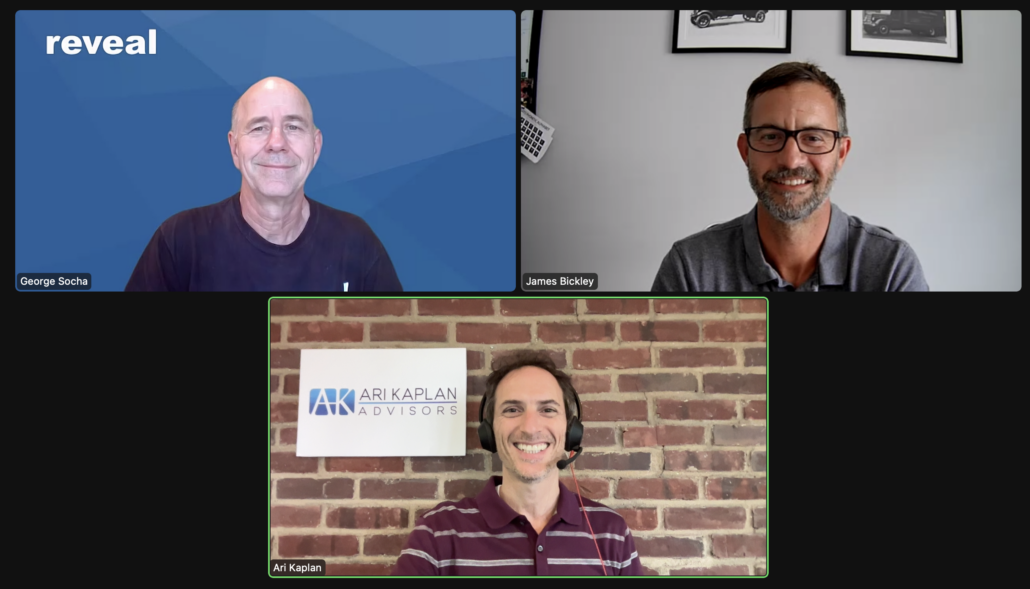Global Advisory Board Chair Ari Kaplan, a legal industry analyst and principal of Ari Kaplan Advisors, moderated a conversation for the ACEDS community about best practices for reducing discovery costs without increasing risk with Global Advisory Board members, James Bickley, Managing Director at Celeritas Recruiting, and George Socha, Senior Vice President of Brand Awareness at Reveal.
The duo highlighted several common issues that force legal teams to incur higher e-discovery costs.
Overly Expansive Preservation
To avoid overly expansive preservation, which ultimately increases costs, identify what data you need to preserve, clarify why you are preserving it, and designate how you will use it, recommends Bickley. “People tend to move too quickly and fail to consider the challenges associated with unnecessarily broad preservation, so start by understanding the obligations set forth in the discovery orders to provide exactly what your adversary is asking for as opposed to what you believe that they are asking for,” he advised.
It is also important to avoid duplicating your effort. “If you are doing something three times, you should automate it by capturing your process and expertise to reduce the cost and minimize the risk through repeatable processes,” noted Socha. “For example, recycle the data that you have already processed,” added Bickley.
Insufficient Use of Playbooks
A key cost-saving technique that both Bickley and Socha recommended is the use of playbooks. “To make things defined, defensible, and repeatable, create a playbook for what each scenario looks like from beginning to end and how you typically handle key types of data sources, among other variables,” said Bickley, who suggested that playbooks may also contain the technology tools to be used. “This is important because not all tools accomplish the same tasks in the same ways,” explained Socha. They highlighted that playbooks help validate experience, increase predictability, and produce reliable workflows.

Working With New Data Types
New data types are becoming more complex and voluminous, which can drive costs up in an unpredictable manner. “For over 30 years now, there has been a constant concern about new data types, but they often arrive sooner than new ways of dealing with those data types show up, so if you have got to deal with something that’s comparatively new, don’t expect the tools to be able to deal with that data type right away,” noted Socha.
He recommended that legal teams leverage their existing tools and processes to develop more innovative strategies to address new types of information. Socha acknowledged that the more data types an organization has to address, the more capable it is to address others.
Looking Ahead
When asked about generative AI, both Socha and Bickley emphasized that any technology can provide value if appropriately applied. “Any tool poorly used will probably drive your costs up, while those used well will drive them down, which is as true of AI as anything else,” said Socha. “A lawyer plus a tool is greater than a lawyer or tool alone any day of the week,” summarized Bickley.

